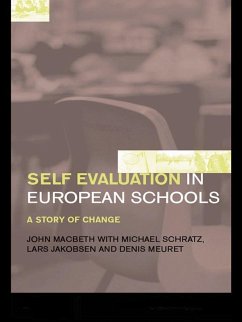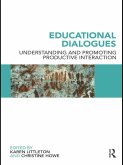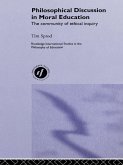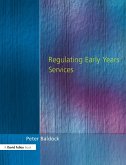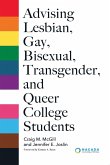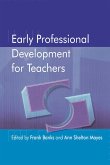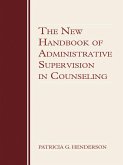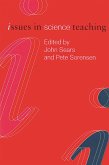In a political and economic climate in which school performance is made public, performance tables and inspectors' reports can only tell a partial story. It is futile for teachers to complain that they are misrepresented. Self-critical and self-confident schools are information rich. They know how to tell their story for themselves and they welcome the external account as another source of evidence, another view on policy and practice. This book illustrates how schools can tell their own story. It draws on ground breaking work with the National Union of Teachers to demonstrate a practical approach to identifying what makes a good school and the part that pupils, parents and teachers can play in school improvement. This eagerly awaited European follow-up to "Schools Must Speak for Themselves" by John MacBeath (Routledge 1999) provides case-studies, step-by-step guidance and brave new teacher-friendly thinking.
Dieser Download kann aus rechtlichen Gründen nur mit Rechnungsadresse in A, B, BG, CY, CZ, D, DK, EW, E, FIN, F, GR, HR, H, IRL, I, LT, L, LR, M, NL, PL, P, R, S, SLO, SK ausgeliefert werden.

